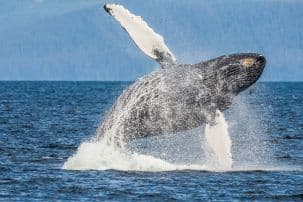
Earth Hour - A World Conference on Whaling
Lesson7 of 11 in this unit
SecondaryYear 9 - 10EnglishHumanities and Social SciencesGeographyEnvironmentalBiodiversityConservationOceansSocialSocial Action
Summary
Lesson Guides and Printables
Lesson Plan

Student Worksheet
